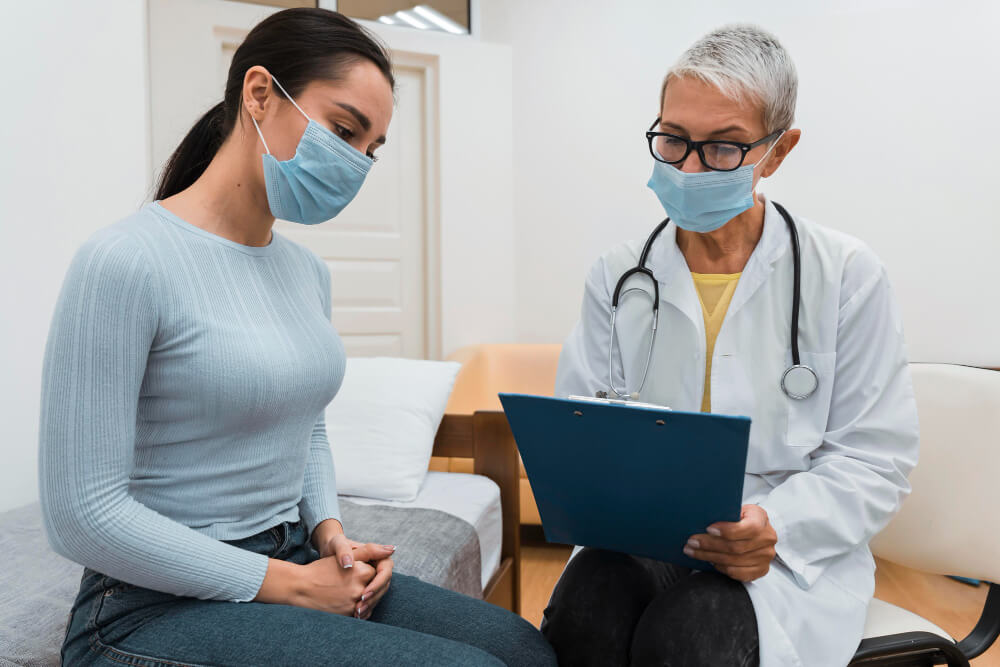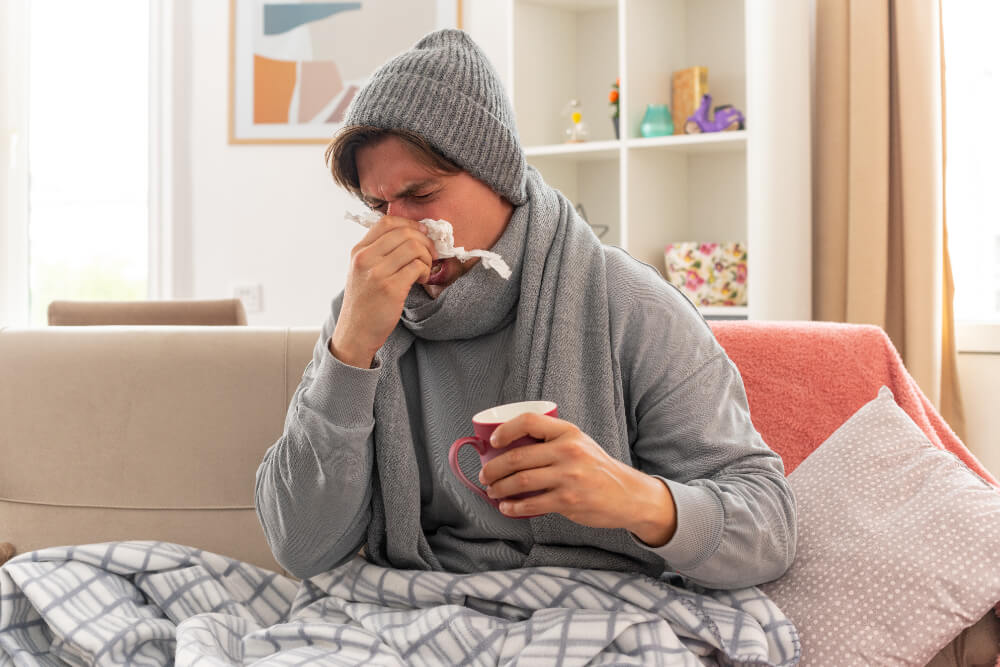The Common Cold: A General Medicine Approach to Relief
The common cold, a viral infection of the upper respiratory tract, is a frequent and often unavoidable experience. While generally not a serious condition, it can significantly impact daily life, causing discomfort and reducing productivity. General medicine plays a crucial role in providing guidance and support in managing the symptoms of the common cold, promoting a faster recovery, and preventing the spread of infection.
Understanding the Common Cold
- Viruses:
- The common cold is caused by a wide variety of viruses, primarily rhinoviruses.
- These viruses are highly contagious and spread through respiratory droplets, such as those produced when an infected person coughs or sneezes.
- Symptoms:
- Common cold symptoms typically include:
- Runny nose or nasal congestion
- Sore throat
- Cough
- Sneezing
- Headache
- Body aches
- Low-grade fever
- Fatigue
- Common cold symptoms typically include:
- Duration:
- Most common colds resolve within 7-10 days, although some symptoms may linger for longer.
The Role of General Medicine in Managing the Common Cold

- Symptom Management:
- General medicine physicians can recommend over-the-counter medications to help manage symptoms, such as:
- Pain relievers: Acetaminophen or ibuprofen to reduce fever and relieve aches and pains.
- Decongestants: To relieve nasal congestion.
- Cough suppressants: To reduce coughing.
- Expectorants: To help loosen mucus and clear airways.
- General medicine physicians can recommend over-the-counter medications to help manage symptoms, such as:
- Home Remedies:
- Physicians can advise on the use of home remedies such as:
- Rest: Getting plenty of rest allows the body to focus on fighting the infection.
- Hydration: Drinking plenty of fluids, such as water and clear broths, helps loosen mucus and prevent dehydration.
- Gargling with warm salt water: Can soothe a sore throat.
- Using a humidifier or taking a hot shower: Can help loosen mucus and ease congestion.
- Physicians can advise on the use of home remedies such as:
- Preventing the Spread of Infection:
- General medicine physicians emphasize the importance of good hygiene practices to prevent the spread of the common cold, such as:
- Frequent handwashing with soap and water.
- Covering coughs and sneezes with a tissue or elbow.
- Avoiding close contact with infected individuals.
- General medicine physicians emphasize the importance of good hygiene practices to prevent the spread of the common cold, such as:
- Identifying Complications:
- General medicine physicians can identify potential complications of the common cold, such as sinus infections, bronchitis, and pneumonia.
- Prompt medical attention can help prevent the development of more serious conditions.
When to Seek Medical Attention
While most cases of the common cold can be managed at home, it’s important to consult with a doctor if:
- High fever (over 103°F or 39.4°C)
- Difficulty breathing or shortness of breath
- Severe or persistent chest pain
- Thick, green, or yellow nasal discharge
- Facial pain or pressure
- Symptoms that worsen or do not improve within a week
Conclusion
General medicine plays a crucial role in managing the common cold by providing guidance on symptom management, recommending appropriate over-the-counter medications, and emphasizing the importance of preventive measures. By following the advice of your physician and practicing good hygiene, you can effectively manage the symptoms of the common cold and promote a faster recovery.
Schedule an appointment with our General medicine physician for comprehensive common cold treatment (469) 200-5974 or visit us https://scclittleelm.com/

